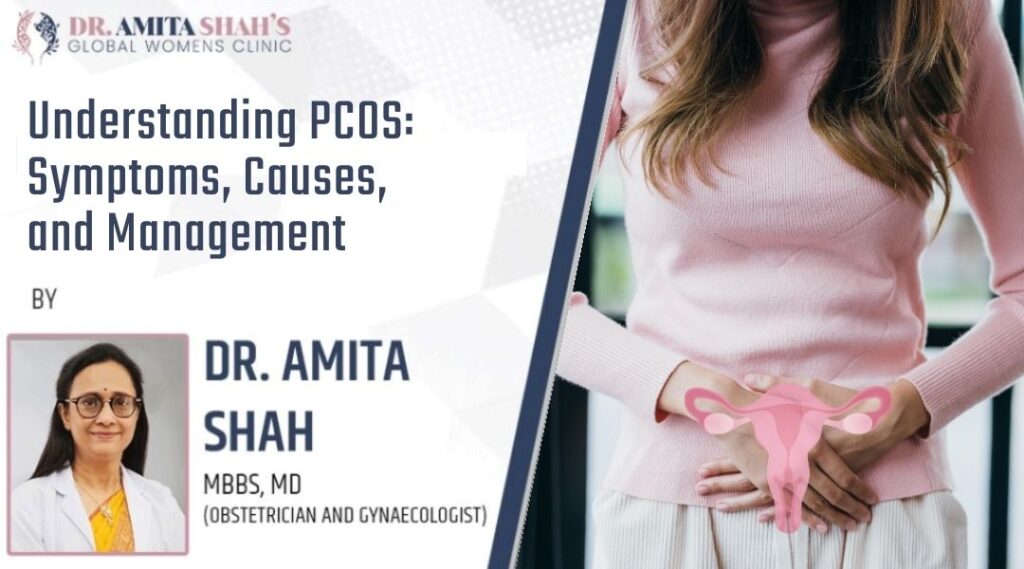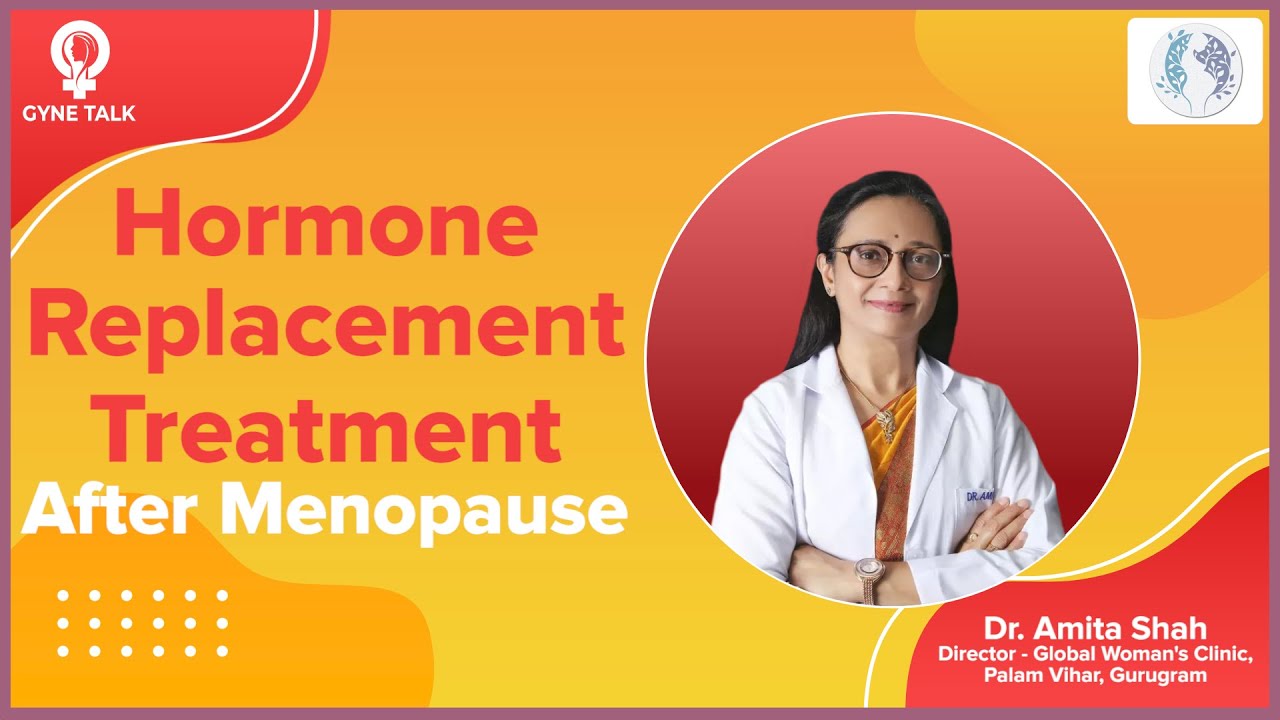Introduction to PCOS
Polycystic Ovary Syndrome (PCOS) has become such a common term these days that I believe every girl is aware of it. Either she is experiencing it herself, or someone in her family-like a friend, sister, or relative is dealing with it. Many also refer to it as the PCOD problem or PCOS disease, depending on their diagnosis.
What is PCOS?
Polycystic Ovary Syndrome (PCOS) is a prevalent hormonal disorder, also known as an endocrine disorder, that affects individuals with ovaries. In essence, polycystic ovarian syndrome means an imbalance in reproductive hormones, which can disrupt menstrual cycles and lead to various health issues. Often referred to as a lifestyle disorder, PCOS can result in irregular cycles, infertility, difficulty conceiving, obesity, and potential long-term consequences. The PCOD cause is still being studied, but it is often linked to insulin resistance, genetics, and poor lifestyle habits.
Early diagnosis and proactive PCOS treatment are essential for maintaining overall well-being and reproductive health.
So, what exactly is PCOS? What is the PCOD problem? Is PCOD the same as PCOS? What are the symptoms of PCOD that should prompt you to see a doctor? How do doctors diagnose it through a PCOS test or PCOS ultrasound? In this discussion, we will explore these questions in detail to enhance your understanding of PCOS.
Polycystic Ovary Syndrome Symptoms
Why Does PCOS Occur?
PCOS commonly occurs in women who have a family history of it. If your mother, sister, or aunt has experienced it, your chances of developing PCOS increase. A poor PCOD diet or sedentary lifestyle can also contribute to the PCOS causes.
Symptoms of PCOS
The PCOS symptoms or symptoms of PCOD can vary widely. Not every girl will experience the same issues; some may have certain symptoms while others may have different ones.
Root Cause of PCOS – Polycystic Ovary Syndrome and Insulin Resistance
The primary factor contributing to PCOS is frequently associated with insulin resistance. Insulin is a hormone in your body, and when you develop resistance to it, your body experiences elevated insulin levels, a condition known as hyperinsulinemia. This connection between polycystic ovary syndrome and insulin resistance plays a significant role in the hormonal imbalances that characterize the disorder.
Due to hyperinsulinemia, the balance between male hormones (like testosterone) and female hormones (like estrogen) gets disrupted. This imbalance results in elevated testosterone levels, which causes various PCOS symptoms.
Common Polycystic Ovary Syndrome Symptoms
These symptoms include:
- Oily Skin – Increased oiliness can lead to acne breakouts, affecting overall skin health.
- Excess Hair Growth – Normal hair growth may occur on the chin and upper lip, as well as in areas like the chest and around the nipples.
- Hair Loss – Some girls may experience hair loss, particularly in a pattern often referred to as male-pattern baldness.
- Dark Patches – Dark, rough patches may appear on the neck, armpits, and inner thighs, known as acanthosis nigricans.
- Irregular Periods – Many individuals with PCOS experience irregular menstrual cycles, which can be delayed or missed altogether.
- Infertility –PCOS is a leading cause of infertility, closely linking polycystic ovary syndrome and fertility.
- Weight Gain –Many women struggle with PCOS belly fat, which can be hard to lose.
- Pelvic Pain – Some individuals may experience pelvic pain, especially during menstruation or ovulation.
- Mood Changes – Emotional symptoms, including anxiety and depression, can be more prevalent among those with PCOS.
- Skin Tags – Small, benign growths, known as skin tags, may appear, often in areas where skin rubs against skin.
As testosterone levels increase, egg production in the ovaries is impacted. Normally, an egg matures and is released every cycle around days 15-16, which is known as ovulation. However, elevated testosterone levels can impair this ovulation process, leading to delayed periods.
Irregular Cycles
Periods that should normally occur every 28-30 days may be delayed. Some girls may experience long gaps of up to three months or more. This is a common issue referred to as irregular cycles or delayed periods, one of the hallmark PCOS symptoms and treatment areas for doctors.
Infertility Issues
If ovulation does not occur, egg production is affected, leading to infertility. Polycystic ovary syndrome and fertility are closely linked, as PCOS is a major cause of infertility. Timely PCOS treatment can help regulate ovulation and improve conception chances.
Long-term Complications of PCOS
High insulin levels can increase body weight and lead to obesity, hypertension, diabetes, and altered lipid profiles. These factors together create metabolic syndrome, increasing the risk of heart disease or stroke later in life.
A balanced PCOS diet, regular PCOS workout, and consistent PCOS exercise routines are essential to prevent long-term complications.
- Diabetes
- Hypertension
- Altered lipid profiles
- Obesity
These factors combine to create a syndrome known as metabolic syndrome, increasing the risk of heart disease or stroke later in life.
Emotional and Psychological Effects
Many girls may experience depression due to weight gain and hormonal changes. Proper PCOD problem treatment, including lifestyle modification and counseling, can improve emotional well-being.
Importance of Timely Diagnosis and Polycystic Ovary Syndrome Treatment
If you experience these symptoms, it’s crucial to consult PCOS specialists for timely diagnosis and the right PCOS medicine. Treatment often includes lifestyle changes, medication, and personalized PCOS diet plans.
When PCOS patients become pregnant, they may face complications like miscarriage, gestational diabetes, or pregnancy-related hypertension.
Timely Diagnosis of PCOS
A proper PCOS test and PCOS ultrasound can help identify cysts, hormonal imbalances, and insulin resistance. Early diagnosis helps initiate the right PCOS cure path, including changes in the PCOS diet chart and medical management.
Is PCOD the Same as PCOS?
Polycystic Ovary Disease (PCOD) and Polycystic Ovary Syndrome (PCOS) are often confused but differ slightly. PCOD refers mainly to cyst formation in the ovaries, while PCOS involves hormonal imbalance and metabolic disturbances.
A well-balanced PCOD diet chart and medical guidance from PCOS specialists can help manage both effectively.
| Feature | PCOD (Polycystic Ovary Disease) | PCOS (Polycystic Ovary Syndrome) |
| Definition | Refers primarily to the presence of cysts in the ovaries. | A hormonal disorder with a broader range of symptoms and metabolic issues. |
| Hormonal Imbalance | Typically less severe; hormonal imbalance may not be present. | Involves significant hormonal imbalances, including elevated androgen levels. |
| Symptoms | May include irregular periods and ovarian cysts, but often milder. | Symptoms include irregular menstrual cycles, infertility, obesity, and excess hair growth. |
| Long-Term Effects | Generally less severe; may not lead to major health issues. | Can lead to serious long-term health problems, including diabetes and heart disease. |
| Diagnosis | Diagnosed based on the presence of cysts, often with fewer hormonal tests. | Diagnosed through a combination of symptoms, hormonal tests, and imaging. |
| Treatment Focus | May focus on managing cysts and regularizing periods. | Emphasizes managing a range of symptoms and underlying metabolic issues. |
Conclusion
Polycystic Ovary Syndrome (PCOS) is a complex hormonal disorder that affects many individuals with ovaries, leading to a variety of symptoms and potential long-term health issues. Understanding its causes, symptoms, and the distinction between PCOS and PCOD is crucial for effective diagnosis and management. Early intervention and proactive treatment can significantly enhance overall well-being and reduce the risk of complications, highlighting the importance of awareness and education about PCOS for those impacted.
With the right PCOS diet plan, regular PCOS exercise, and professional PCOD problem treatment, one can manage symptoms effectively and improve overall well-being. Early intervention and proactive PCOS treatment can significantly enhance health outcomes and reduce complications.







